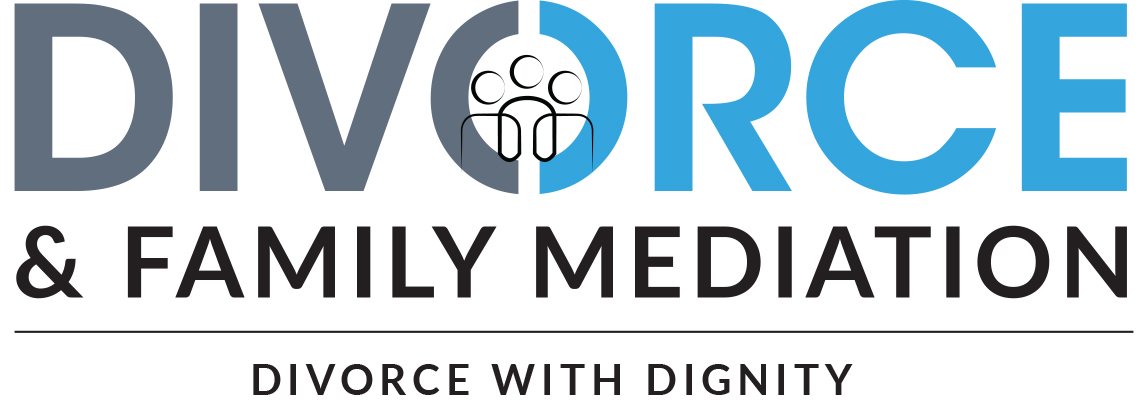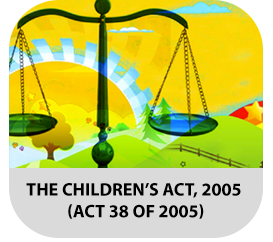The Best Interests of the Child in South African Divorce & Family Law
When parents separate or divorce, the question at the heart of every decision is: what is in the best interests of the child?
This principle is not only a moral guide but also a legal requirement in South Africa, embedded in the Children’s Act 38 of 2005. Courts, mediators, and family law attorneys are bound to apply it when resolving disputes about care, contact, maintenance, education, and relocation.
What Does “Best Interests of the Child” Mean?
Section 7 of the Children’s Act sets out a detailed list of factors to be considered when determining what is best for a child. These include:
-
The child’s age, maturity, and stage of development
-
The child’s physical and emotional security
-
The need to maintain stable care and a suitable living environment
-
The importance of maintaining relationships with both parents and extended family
-
The child’s health, education, and special needs
-
The impact of changes to the child’s circumstances, such as relocation or schooling
-
The child’s views and preferences, if appropriate for their age and maturity
In short, the law requires that the child’s wellbeing must come first, even before the wishes of either parent.
How the Principle Is Applied in Divorce
When parents divorce, the best interests of the child guide key decisions such as:
1. Care and Contact
The court must ensure that the child has meaningful contact with both parents, unless there are safety risks. Parenting plans are designed to set out living arrangements, visitation schedules, and shared responsibilities.
2. Maintenance
Both parents are legally responsible for their child’s financial support. Maintenance orders are based on the child’s needs and each parent’s financial means, ensuring that the child’s standard of living is protected.
3. Relocation
If one parent wishes to move to another city or country, the court considers whether the relocation will promote or undermine the child’s stability, schooling, and relationship with the other parent.
4. Education and Medical Decisions
Disputes about schooling, medical treatment, or therapy must be resolved with the child’s developmental needs and long-term welfare in mind.
The Role of Mediation in Protecting Children
Mediation is often the best forum to give real effect to the child’s best interests. Unlike litigation, which can be adversarial and emotionally harmful, mediation:
-
Reduces conflict and shields children from parental battles
-
Allows parents to design flexible parenting plans that evolve as children grow
-
Keeps the focus on co-operation rather than winning or losing
-
Promotes faster resolutions so children can adapt to new routines with less stress
Why the Child’s Best Interests Must Always Come First
Research consistently shows that children suffer when exposed to high-conflict divorces. Long-term emotional and behavioural problems often arise when children are used as pawns in disputes. By contrast, when parents prioritise co-operation and stability, children adjust more easily and thrive despite family changes.
The message of the law is clear: divorce may end a marriage, but it should never end responsible and loving parenting.
Conclusion
The principle of the best interests of the child is more than just legal jargon—it is a safeguard to ensure that children’s rights, needs, and futures remain central during divorce and separation.
As a family law attorney and divorce mediator in Randburg, I work with parents to design parenting plans and settlements that comply with the Children’s Act while reducing trauma for children.
📞 If you are facing divorce and want to protect your children’s wellbeing, contact me today to discuss how mediation and parenting plans can support your family.


